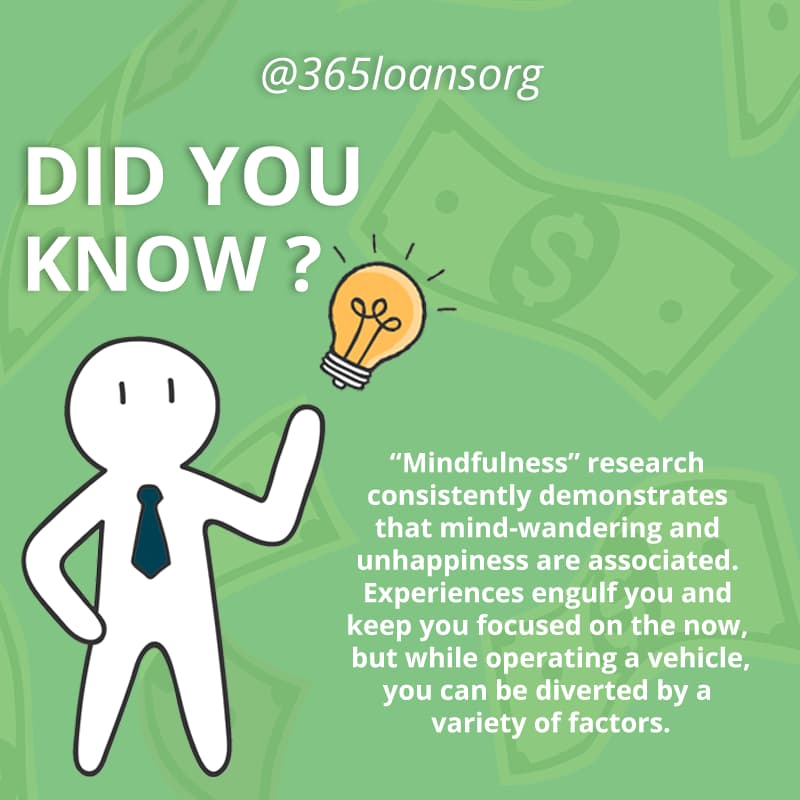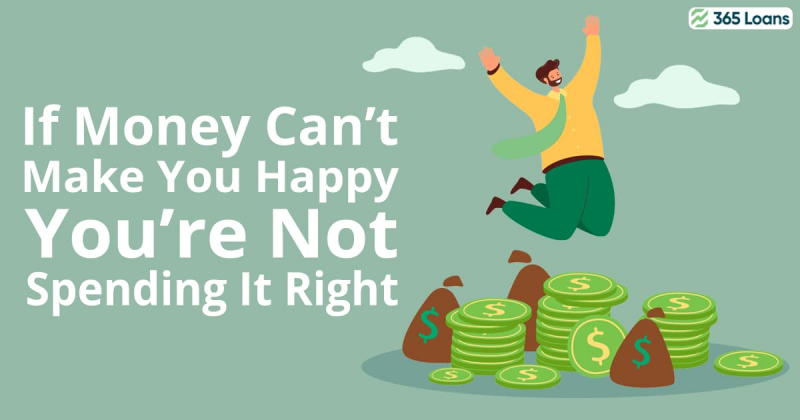Traditional finance research tells us how to make money in a lot of ways, such as the best investing approaches. But there is not much information on how to use it.
Surprisingly little research has linked happiness and wealth.
One interpretation is that money can help individuals afford higher education, healthier food, better medical care, more diverse hobbies, and more time with friends and family. However, it cannot buy the things that genuinely make people happy. Consequently, a different view would be that people lack spending knowledge.
What are smart ways to spend your money?
To explain why the link between wealth and happiness is relatively weak, behavioral economists and psychologists step in. The great Journal of Consumer Psychology article, “If Money Doesn’t Make You Happy, Then You Probably Aren’t Spending It Right,” by Elizabeth Dunn (UBC), Daniel Gilbert (Harvard), and Timothy Wilson (Virginia) examines a ton of research and distills it into eight clear recommendations. Here is a list of five of them.
1. Instead of treating yourself, spend money on others
The fact that humans are more social than almost any other species is thought to be one of the leading causes of our big brain size, according to scientists. Thus, the caliber of our social connections has a significant impact on our level of happiness. Despite expecting to be happier doing the latter, the “prosocial conduct” research repeatedly reveals that participants report feeling more content after spending money on others rather than themselves.
2. Instead of a few significant pleasures, purchase many smaller ones
One big-price purchase, like a front-row concert ticket, is dominated by a range of frequently modest pleasures, such as “double lattes, uptown pedicures, and high thread-count socks,” according to the authors. A two-week vacation is less delightful than two separate one-week vacations; this is the well-known economic principle of diminishing marginal value. Indeed, research indicates that enjoyment is more closely related to the frequency of encounters than to their intensity.
The novelty of a new experience is the central aspect. You can see two distinct locations by taking two shorter vacations. A beer after work is never the same as the prior one because it will have new individuals and various talks, proving that variation exists even for “daily” situations.
3. Spend more money on experiences rather than material things
Since there is nothing to show for it afterward, people who fritter their money away on extravagant dinners or vacations are viewed as being wasteful. It is a common opinion that spending money on home improvements or a new vehicle is somewhat wiser. Although the latter has a more significant impact on life, the former is the real culprit for affecting happiness positively.
Things like a new, flashier car do not take long to get used to. Meanwhile, the memory of an experience stays with you for a very long time. Furthermore, the anticipation of an adventure also adds value.

4. Save money on insurance, big-spender
This rule applies to any type of everyday insurance, such as expensive extended warranties, as well as the “insurance” that comes with a lax return policy. Despite being more expensive, customers prefer Amazon to eBay and Craigslist because they may return an item if they do not like it.
However, our ability to choose to like something does not just depend on its characteristics. In fact, studies suggest that when you cannot return an item, you end up liking it more.
5. Avoid doing any comparison shopping
Websites make it possible to compare products down to the smallest of aspects, which causes customers to focus on minute variations while missing commonalities in the key traits. As a result, they can choose the incorrect product based on a small attribute and fail to see the forest for the trees. Additionally, doing so wastes much time on details, especially since we usually end up loving the product we buy if its main features are accurate (remember point 4).







